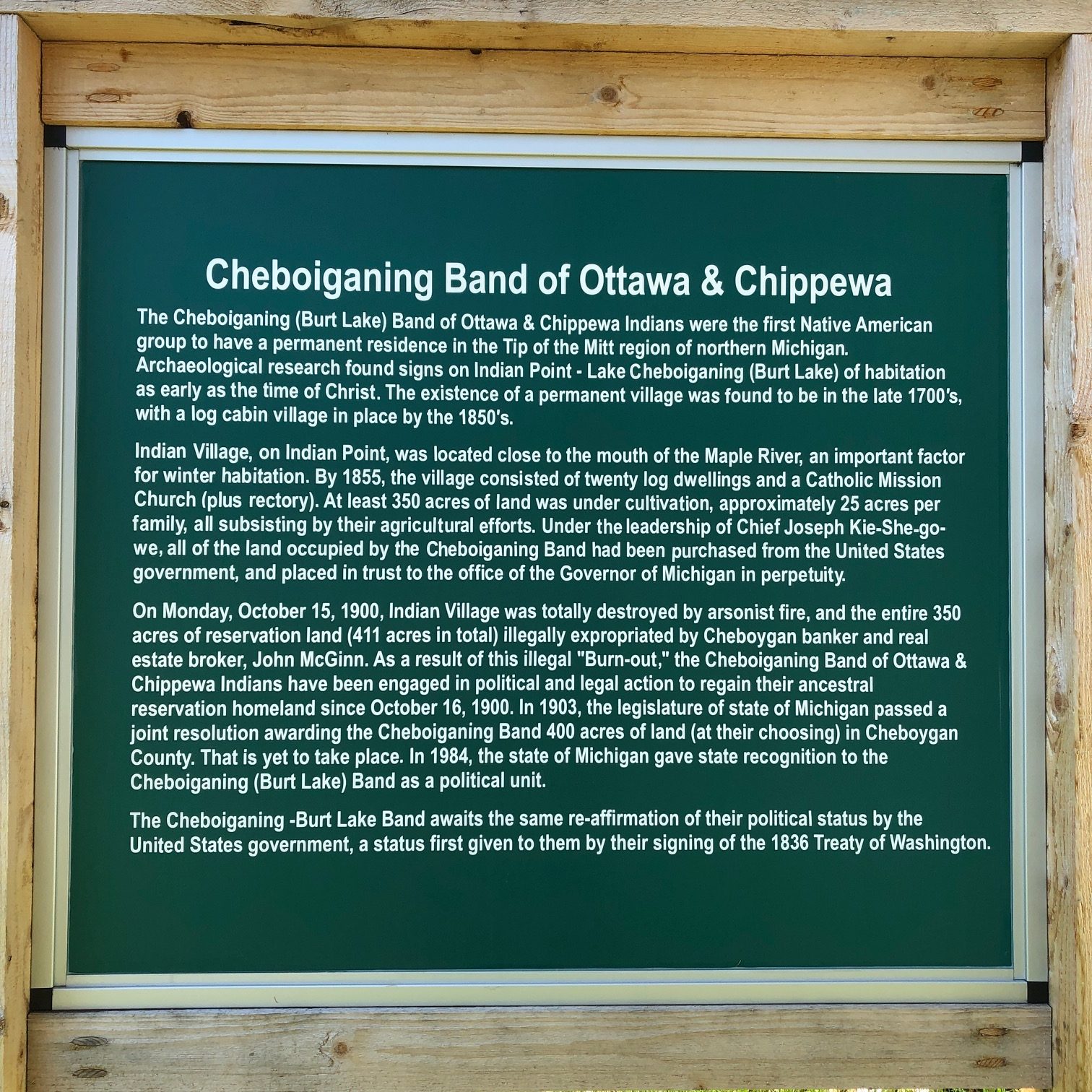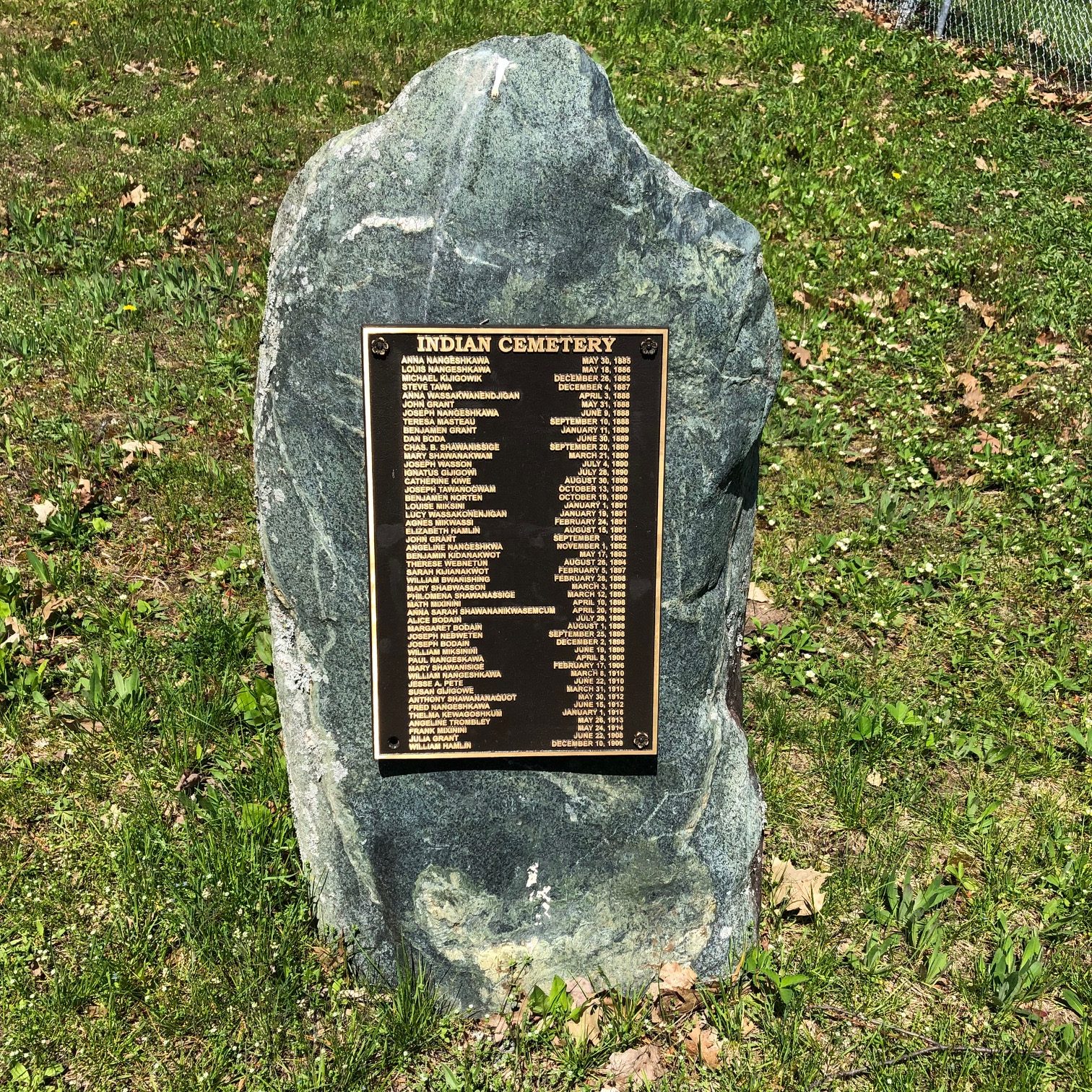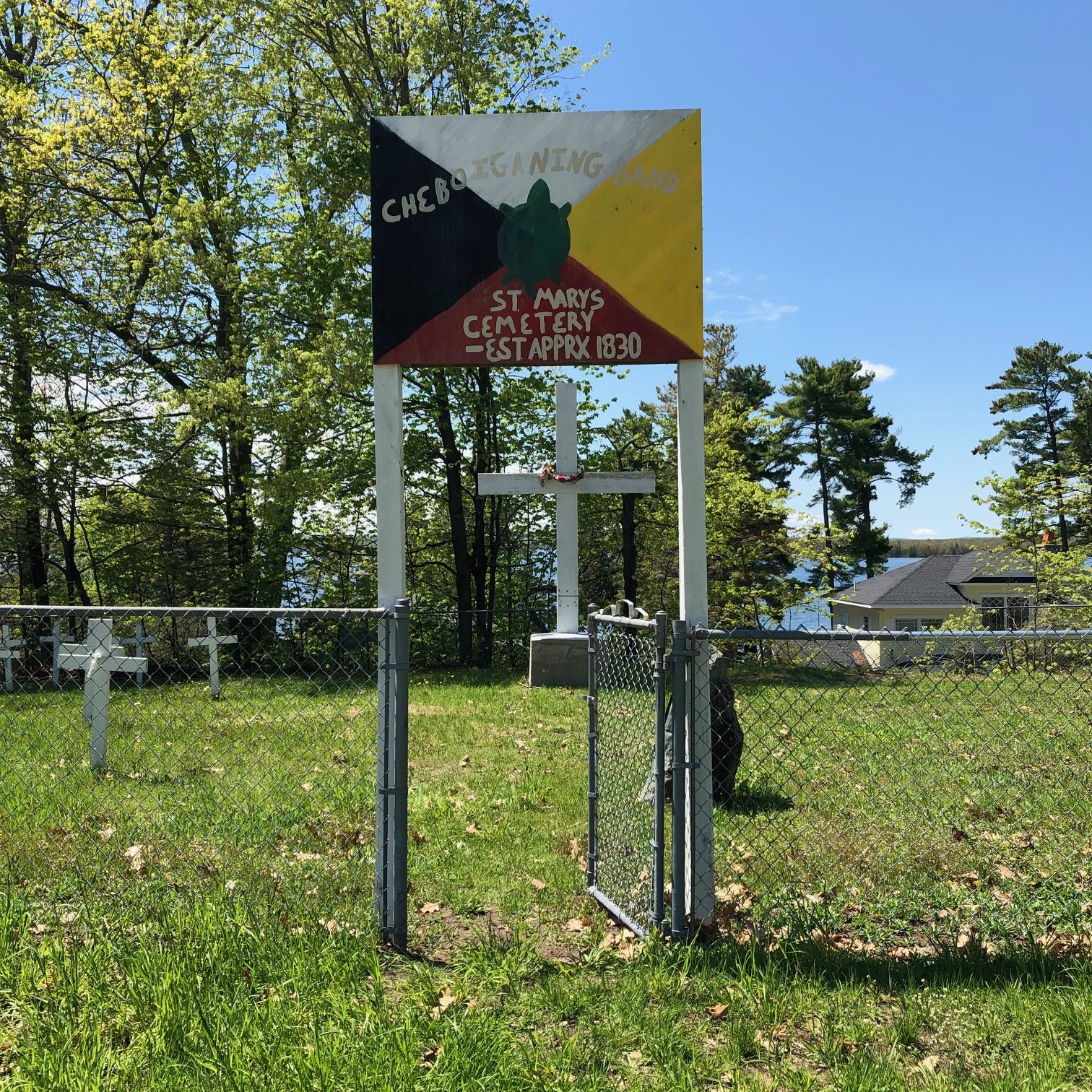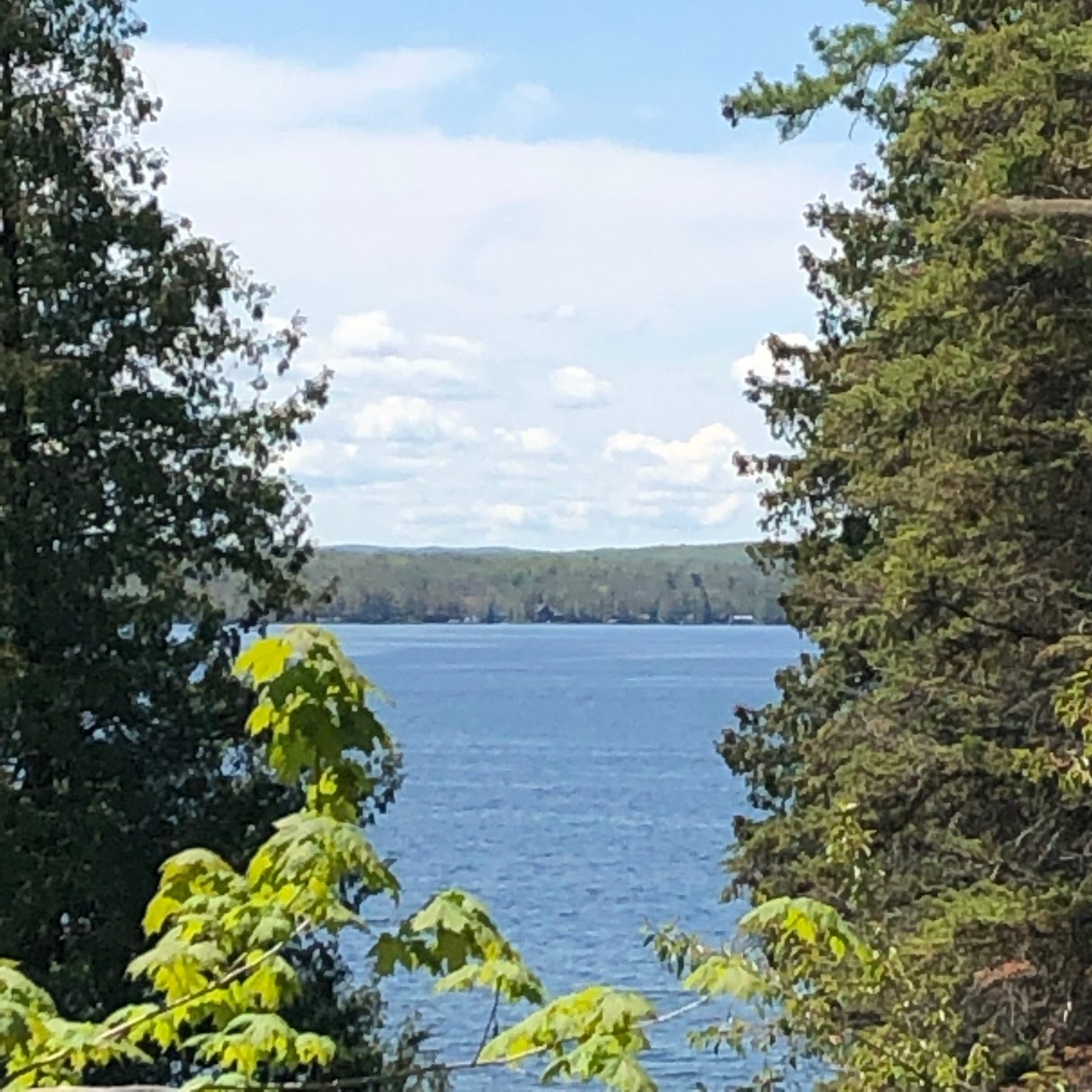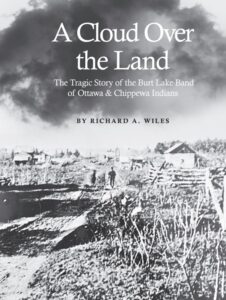Cheboiganing (Cheboygan) History
Although Burt Lake in northern Michigan is named for surveyor William Austin Burt, who measured the land in the mid-1800s, the Anishinaabeg who lived there for many centuries knew it as zhiibaa’igan, an inland passage, and they lived at neyaashi, the point which reached into the lake creating a small bay. As the Cheboiganing (Burt Lake*) Band of Ottawa and Chippewa Indians continues to seek federal recognition, the story of how the land was burned and transferred is a part of history that must be remembered. The Burt Lake Band and artist, Andrea Carlson, have a multi-year exhibit at the University of Michigan’s Museum of Art that you can also visit online to see (and hear) more about the Band’s story. On the morning of October 15, 1900 nineteen homes were burned down in an act of legalized arson and the Anishinaabe families living there were forcibly relocated in what was known as the Burt Lake Burn Out.
The Healing Garden & Landscape
Cheboiganing Burt Lake Band’s Healing Landscape & Garden
A Song for Cheboiganing
The song below was written in the spring of 2019 when students and faculty at the University of Michigan Biological Station wished to recognize the history of the Anishinaabeg in the surrounding area and visited the site of the burnout which is now a small graveyard maintained by the Band. The song is sung by Margaret Noodin.
Zhiibaa’iganing Anishinaabeg
Zhiibaa’iganing Anishinaabeg omaa
The people of the channel here
jiibayaatigoon gigii-minosidoonaawaa
grave markers you have placed well
neyaashing besho zaaga’igan
at the point near the lake
giizhigook ganawenjigewaad.
where the cedars protect.
Gigikinoo’amawimin ezhi-zhiibineyaang
You teach us how to survive
inaakonameg ji-boonigidetaageyeg
by deciding to forgive
mii ishkwaa jaagizigaadeg
and after all was burned
danaadiziyeg geyabi.
you still remain.
Apii dasoozhinegwaa gaawiin maajaasiiyeg
When you were cornered you did not leave
indaawaaj gii-gizhewaadiziyeg mii noongwa
instead you became generous and so now
mikwenimangidwaa
we remember
gidenewemaaganag.
your community.

